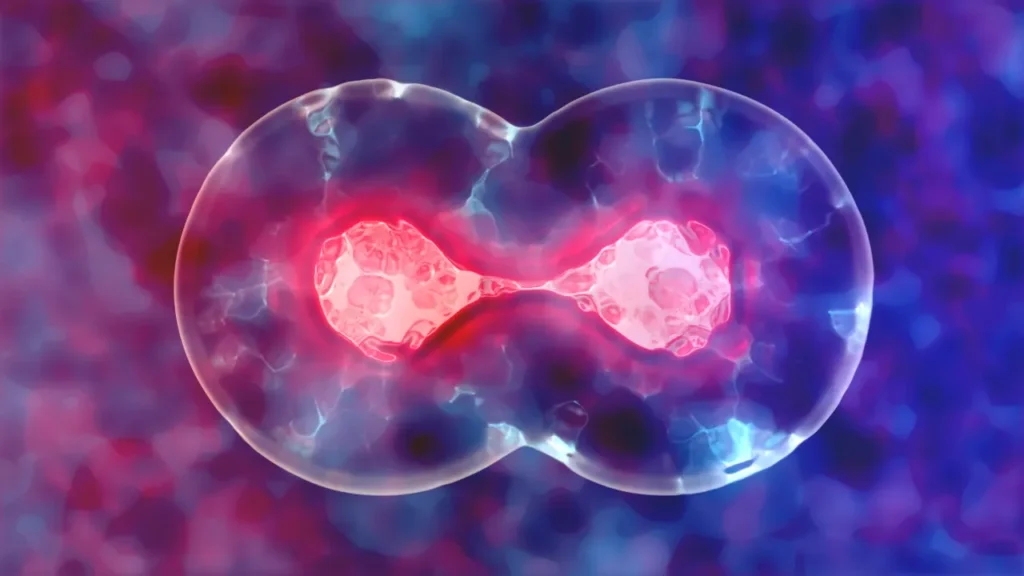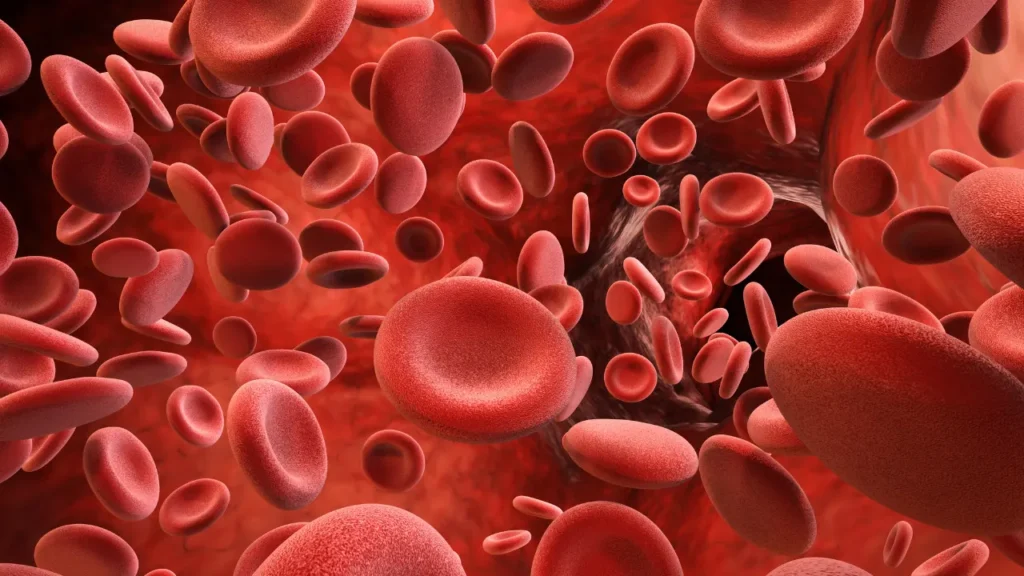Vitamin B9, also referred to as folate or folic acid, is a necessary nutrient that is important for many bodily processes. It is a water-soluble vitamin required for producing red blood cells, cell growth, and DNA synthesis and repair. Furthermore, folate is essential for the healthy development of the brain and cognitive abilities. In this article, we will cover the nature of Vitamin B9, its health advantages, the best dosage, side effects, possible drug interactions, and any other relevant information regarding the safest use of this nootropic supplement for people looking to improve alertness, focus, and cognition.
You May Also Like:
Vitamin B9 (Folate): Benefits, Dosage, Side Effects, Drug Interactions, And Other Important Information is an original (NootropicsPlanet) article.
Nature of Vitamin B9 (Folate)
Natural sources of the B-vitamin folate include leafy green veggies, citrus fruits, beans, and whole grains. Since folate was initially isolated from spinach leaves, its term is derived from the Latin word “folium,” which means leaf. Folic acid, a synthetic version of folate, is frequently present in fortified foods and supplements.
Numerous physiological processes, including the synthesis of DNA and RNA, cell division, and the development of red blood cells, depend on folate. It is crucial for healthy nervous system operation and is essential for brain growth and cognitive abilities.
Health Benefits of Vitamin B9 (Folate)
- Folate lowers the risk of congenital disabilities: Pregnant women need sufficient amounts of folate to avoid congenital disabilities, such as neural tube defects, in their unborn children. Folate is essential for adequately developing the neural tube, the portion of the embryo that ultimately develops into the brain and spinal cord.
- Folate is crucial for healthy brain function and cognitive development and may help older people avoid mental decline. Studies have shown that taking a folate supplement may boost cognitive ability and lower the chance of cognitive decline as we age.
- Supplementing with folate may lower the chance of developing depression and improve mood in depressed individuals, according to some studies. Neurotransmitters like serotonin, dopamine, and norepinephrine, which are crucial for mood control, are synthesized with the help of folate.
- Folate may lower the risk of heart disease: Research has revealed that taking a folate supplement may lower the risk of heart disease by reducing blood homocysteine levels. The breakdown of homocysteine, an amino acid linked to a higher risk of heart disease, depends heavily on folate.
- Folate may reduce the risk of cancer: Some studies have suggested that folate supplementation may reduce the risk of certain types of cancer, such as colorectal and breast cancer. However, other studies have shown conflicting results, and more research is needed to confirm these findings.

Chemistry of Vitamin B9 (Folate)
Water-soluble vitamin folate comes in several different forms, including folic acid, a synthetic version that is present in many supplements and fortified foods, and some natural forms, including tetrahydrofolic acid (THF) and 5-methyltetrahydrofolic acid. (5-MTHF). A pteridine ring, para-aminobenzoic acid (PABA), and glutamic acid are the three parts of the complicated compound known as folic acid. The pteridine ring, PABA, and glutamic acid sections of the molecule are responsible for the function of folate in one-carbon metabolism and its solubility in water, respectively.
Physiological Mechanisms of Action
Additionally, folate is essential for arterial health. Homocysteine, a byproduct of the metabolism of amino acids, that has been associated with an increased risk of heart disease. Supplemental folate has been shown to decrease homocysteine levels and lower the risk of cardiovascular events.
Additionally, folate may lower the chance of developing some cancers. Folate is essential for DNA methylation, which adds methyl groups to DNA to control gene translation. Studies have shown that folate supplementation may aid in preventing certain kinds of cancer, including colorectal cancer, as abnormal DNA methylation patterns are frequent in cancer cells.
In conclusion, Vitamin B9 (Folate) is essential for the body’s physiological processes, such as DNA creation and repair, cell division, and the production of red blood cells. Folate may lower the chance of depression, heart disease, and some types of cancer. Folate is necessary for healthy brain function and cognitive development. Its role in one-carbon metabolism, which is engaged in numerous crucial physiological functions, is its physiological mechanism of action.

Optimal Dosage of Vitamin B9 (Folate)
Individuals are advised to consume 400–600 micrograms of folate daily, and pregnant women are suggested to consume between 600 and 800 micrograms. It’s crucial to remember that folic acid, a synthetic type of folate, absorbs better than the natural folate found in food.
Consuming too much folate has the potential to have negative impacts. The maximum permissible intake for individuals is 1000 micrograms of folate per day. High amounts of folate can conceal the signs of vitamin B12 deficiency, which if untreated can cause nerve damage.
Side Effects of Vitamin B9 (Folate)
Folate is typically thought to be harmless, and adverse reactions are uncommon. However, high amounts of folate may result in nausea, vomiting, and cramps in the abdomen.
Before taking folate supplements, people who are taking drugs that affect the metabolism of folate, such as methotrexate or some anticonvulsants, should speak with their doctor because large doses of folate can interact with these drugs.

Potential Substance Interactions with Vitamin B9 (Folate)
Folate, a form of vitamin B9, may combine with some drugs and substances, impacting how well it is absorbed and used by the body. Here are a few instances of possible drug interactions:
- Methotrexate: This drug treats dermatitis, autoimmune conditions, and cancer. It prevents dihydrofolate reductase from converting folic acid into 5-MTHF, its active state. Folate deficiency brought on by methotrexate can have severe adverse effects because it can disrupt the vitamin’s metabolism. In order to avoid folate deficiency, methotrexate users are frequently encouraged to take a folate supplement.
- Anticonvulsants: Anticonvulsants like phenytoin, carbamazepine, and valproic acid can disrupt the metabolism of folate and result in a vitamin shortage. Individuals taking these medicines may need to take a folate supplement to avoid folate deficiency.
- Alcohol: Drinking alcohol can impair the metabolism and uptake of folate, which can result in a deficiency. Chronic alcohol use raises the chance of congenital disabilities and other health issues and is a frequent cause of folate deficiency. To avoid folate deficiency, individuals who frequently drink alcohol may need to take a folate supplement.
- Oral contraceptives: Oral contraceptives can disrupt the digestion of folate and result in a lack of the vitamin. To avoid folate insufficiency, women using oral contraceptives may need to take a folate supplement.
- Vitamin B12: The body uses both folate and vitamin B12 in tandem, so a deficit in one can result in a deficiency in the other. Individuals taking vitamin B12 supplements may also need to take a folate tablet to avoid folate deficiency.
Best Responsible Uses of Vitamin B9 (Folate)
Vitamin B9 can be a powerful nootropic supplement for improving alertness, concentration, and cognition when combined with other nootropic substances like caffeine, choline, or racetams. However, it’s crucial to use folate supplements sensibly and comply with dosage recommendations.
People who are pregnant, nursing, or taking medicine should speak with their doctor before taking folate supplements. Additionally, a healthy diet full of foods with folate shouldn’t be replaced with folate supplements.
Vitamin B9 (Folate):
Conclusion
Folate is a crucial nutrient in promoting overall health and well-being. Its multifaceted roles, ranging from DNA synthesis and repair to red blood cell formation, underscore its significance in various bodily functions. Through its involvement in methylation processes, folate contributes to cardiovascular health and neurological development and may even play a role in cancer prevention. Furthermore, its role in pregnancy is paramount, reducing the risk of neural tube defects and ensuring healthy fetal development. Maintaining adequate folate levels through a balanced diet or supplementation can positively impact health outcomes. Emphasizing the importance of folate awareness and consumption underscores its pivotal role in fostering a healthier populace.

References:
- Folate – Health Professional Fact Sheet. Link: https://ods.od.nih.gov/factsheets/Folate-HealthProfessional/
- Folic Acid Deficiency. Link: https://www.ncbi.nlm.nih.gov/books/NBK535377/
- Folate – an overview. Link: https://www.sciencedirect.com/topics/neuroscience/folate
Important Note: The information contained in this article is for general informational purposes only, and should not be construed as health or medical advice, nor is it intended to diagnose, prevent, treat, or cure any disease or health condition. Before embarking on any diet, fitness regimen, or program of nutritional supplementation, it is advisable to consult your healthcare professional in order to determine its safety and probable efficacy in terms of your individual state of health.
Regarding Nutritional Supplements Or Other Non-Prescription Health Products: If any nutritional supplements or other non-prescription health products are mentioned in the foregoing article, any claims or statements made about them have not been evaluated by the U.S. Food and Drug Administration, and such nutritional supplements or other health products are not intended to diagnose, treat, cure, or prevent any disease.


